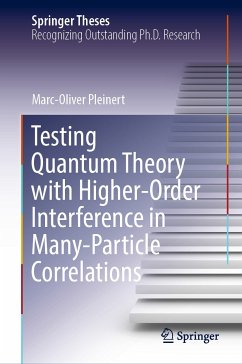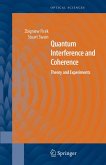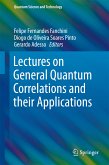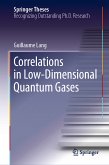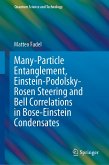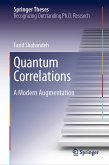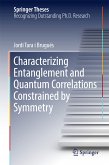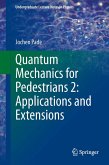The structure of quantum theory permits interference of indistinguishable paths. At the same time, however, it also limits such interference to certain orders and any higher-order interference is prohibited. This thesis develops and studies concepts to test quantum theory with higher-order interference using many-particle correlations, the latter being generally richer and typically more subtle than single-particle correlations. It is demonstrated that quantum theory in general allows for interference up to order 2M in M-particle correlations. Depending on the mutual coherence of the particles, however, the related interference hierarchy can terminate earlier. In this thesis, we show that mutually coherent particles can exhibit interference of the highest orders allowed. We further demonstrate that interference of mutually incoherent particles truncates already at order M+1, although interference of the latter is principally more multifaceted than their coherent counterpart. We introduce two families of many-particle Sorkin parameters, whose members are expected to be all zero when quantum mechanics holds. As proof of concept, we demonstrate the disparate vanishing of such higher-order interference terms as a function of coherence in experiments with mutually coherent and incoherent sources. Finally, we investigate the influence of exotic kinked or looped quantum paths, which are permitted by Feynman's path integral approach, in such setups.
Dieser Download kann aus rechtlichen Gründen nur mit Rechnungsadresse in A, B, BG, CY, CZ, D, DK, EW, E, FIN, F, GR, HR, H, IRL, I, LT, L, LR, M, NL, PL, P, R, S, SLO, SK ausgeliefert werden.
Hinweis: Dieser Artikel kann nur an eine deutsche Lieferadresse ausgeliefert werden.

